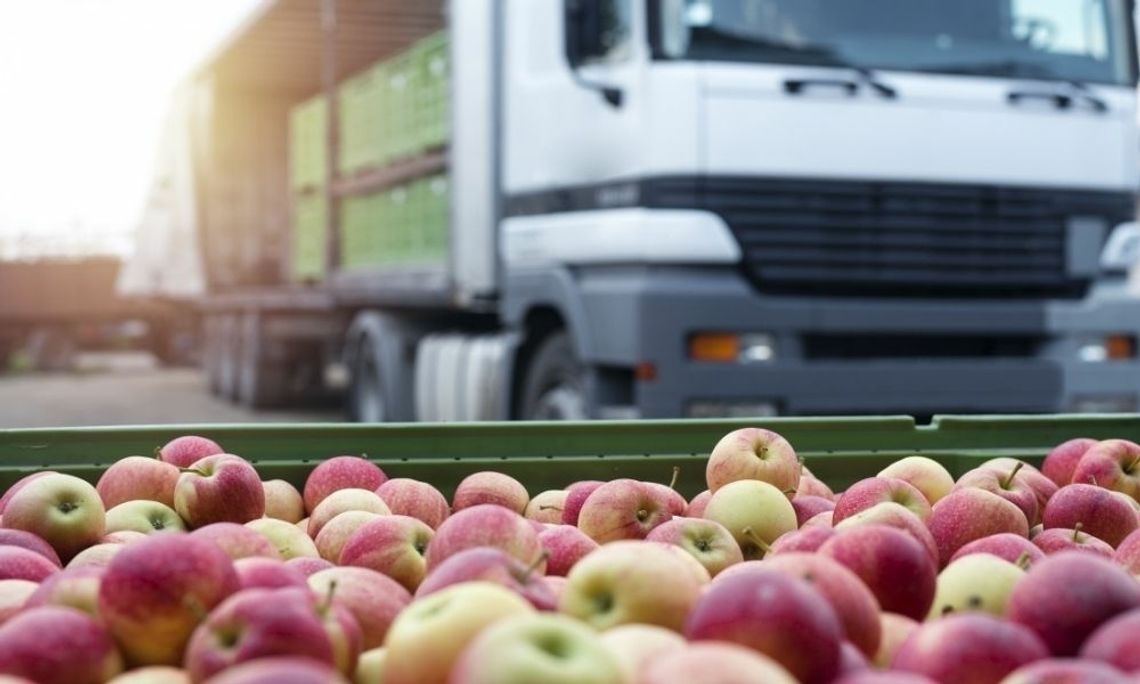No matter what food products you ship, you must take specific precautions and follow certain guidelines. Shipping food products requires attention to important environmental details. You have to consider aspects like temperature and humidity levels. A shipper’s aim should always be to ship the food safely, maintain freshness, and keep out moisture and heat. Learn how to ship successfully with these tips for shipping food products.
Insulate Correctly
Using the right insulation is important for cold and frozen products. Use foam containers for things like seafood, meat, pies, and pizzas. Depending on the thickness of the container walls, you may need to add gel packs. Thermal bubble wrap is also a good option for foods that are cold but not frozen.
Utilize Airtight Seals
Another tip for shipping food products is to use airtight seals for baked goods. Hermetic sealing can keep certain cakes, cookies, cupcakes, and chips from going stale. No consumer wants to buy a product only to discover it’s already gone dry.
Keep Product Secure
Make sure products are secure by using padding, tins, bubble wrap, packing peanuts, and corrugated boxes. For fruits and vegetables, wooden crates are ideal. Be sure to stack them on wooden pallets instead of plastic ones. When it comes to
wooden pallets and food safety, pallets are the best for produce, because they are more secure and less likely to contain bacteria.
Use the Right Refrigerants
As mentioned earlier, gel packs are crucial for transporting cold foods. However, because they thaw, they may lose effectiveness and even get foods wet. Consider dry ice for products that need to stay frozen and dry, like ice cream.
Pay Attention To Quality
Make sure you always check for damage, poor quality, and spoilage. By checking for these issues and removing the food, you can continue to protect your reputation as a trustworthy food shipping company.


Comment
Comments